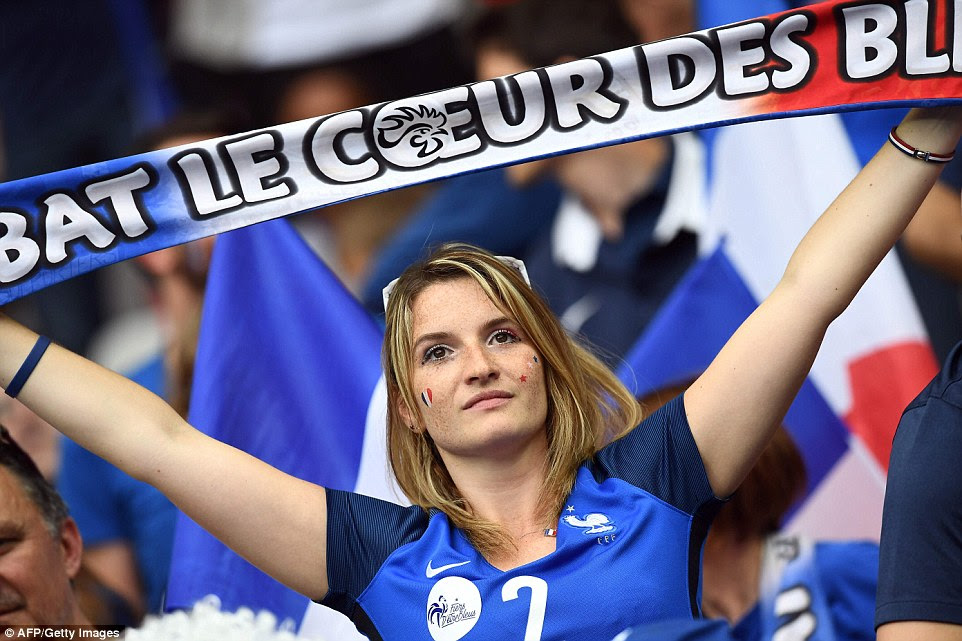It's still raining money for the world's most valuable soccer teams because they attract an incredible number of fans inside stadiums and in front of televisions, particularly for the Champions League.
Sponsors salivate, paying more and more money to attach themselves to these teams, knowing their players are global billboards whose likenesses are embedded in the hearts and minds of billions.
Real Madrid reportedly sold its sponsorship rights to Providence Equity recently for an upfront payment of $224 million over the first four years of the deal. Last season represented the start of Barcelona’s $246 million shirt sponsorship deal with Japanese e-commerce group Rakuten, as well the start of a ten-year kit agreement with Nike worth at least $174 million annually. At the end of 2018, Juventus announced a kit deal extension with Adidas worth $457 million over eight years.
Money is also increasing for media rights, especially for the Champions League. In 2017, Turner and Univision bought the U.S. rights for the Champions League in a three-year deal beginning with the 2018-2019 tournament for close to $100 million a year, nearly twice as much as Fox had been paying. The prize money pool for the 2018-2019 Champions League is a record-breaking $2.28 billion, 30% more than the previous year. The two finalists—Liverpool and Tottenham Hotspur—stand to earn between $104 million and $117 million.
Television payouts are also going up for domestic leagues and international packages. The Premier League's domestic and international broadcast rights for the next three year cycle will be up a combined 8%, according to a recent report by Deloitte. Last year, ESPN reportedly agreed to pay $165 million over three years for a package that included Serie A and FA Cup rights. Streaming deals serve to bring in a few more bucks (Amazon) or expand the sport's audience (Facebook).
The increase in cash to teams is why earnings for soccer players and managers have also been climbing.
Stadium naming rights could be the next money spigot for soccer. According to a recent study by Duff and Phelps, six teams in the English Premier League—Bournemouth, Arsenal, Brighton and Hove Albion, Huddersfield Town, Leicester City and Manchester City—inked a stadium naming rights deal last season worth a combined $57 million. Duff & Phelps believes the remaining 14 Premier League teams are leaving a combined $127 million a year on the table, with Manchester United topping the list at $35 million.
Bottom line: The 20 most valuable teams are worth an average of $1.75 billion, 3.4% more than last year. In euros (the base currency used for the valuations), the average team value is 1.56 billion, 8.8% more than the previous year. The average revenue and operating income (earnings before interest, taxes, depreciation and amortization) for the 20 most valuable teams during the 2017-2018 season were $499 million and $77 million, respectively.
After a two-year hiatus as soccer's most valuable team, Real Madrid is back on top, worth $4.24 billion. Real Madrid reaped $100 million from winning its third consecutive Champions League in 2018 and is reportedly on the verge of signing the most lucrative kit deal in soccer history—$1.8 billion over 12 years with Adidas.
Real Madrid is followed by rival Barcelona ($4 billion), Manchester United ($3.8 billion), Bayern Munich ($3 billion) and Manchester City ($2.69 billion).
To make it easier for you to see where each team excels, I have separated the sources of value for each team into four categories: matchday, broadcasting, commercial and brand. Only Real Madrid, Barcelona and Manchester United are among the top five in each of the four categories. Bayern Munich makes it in three categories, Manchester City two, Arsenal and Chelsea one each.
For those keeping score, the five most valuable sports teams in the world are:
1. Dallas Cowboys: $5.0 billion
2. New York Yankees: $4.6 billion
3. Real Madrid: $4.2 billion
4 (tie). Barcelona: $4.0 billion
4 (tie). New York Knicks: $4.0 billion
Just an FYI: Revenues and operating income are for the 2017-18 season, converted to U.S. dollars based on average exchange rates during the 2017-18 season. Team values are enterprise values (equity plus net debt) and are calculated in euros and converted to U.S. dollars and British pounds based on April 19, 2019, exchange rates. The values include the economics of the team's stadium, but exclude the value of the real estate. Operating income is earnings before interest, taxes, depreciation and amortization, player trading and disposal of player registrations. Debt is interest bearing borrowings (including stadium debt) and is based on April 19, 2019, exchange rates.
For the full list of the most valuable soccer teams, click here.
I get most of my data from team annual reports. I also get some data from Deloitte's Football Money League report (especially helpful with categorizing revenue) and the Swiss Ramble website (instructive for operating income). I lean on some of the world's top sports bankers for my valuations.














